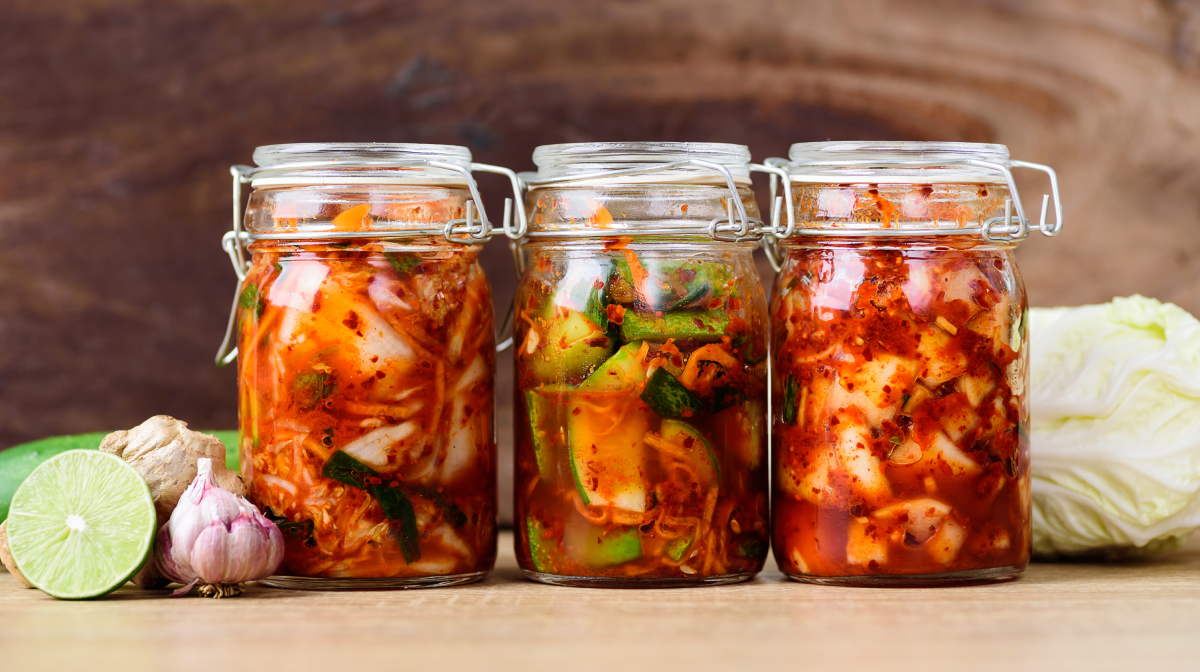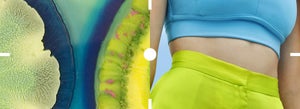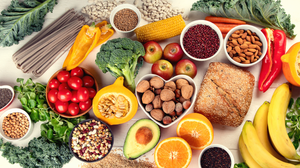So, you're already a gut health fanatic, eating loads of fibre and guzzling kombucha, but did you know that these 5 things can also impact your gut microbiome?
1. Avoid sugar and processed foods
Like it or not, sugar and processed foods are two things that your gut would be happy for you to never eat again! Your gut digests refined sugars so quickly that your hungry gut microbes don't get a chance to take a bite. Therefore, if you eat too many of these types of sugars, you run the risk of literally starving your microbiome to death. Hungry microbes will resort to munching away at the lining in your intestine, which can lead to inflammation and other painful gut health issues.
If you have a sweet tooth, try adding more complex sugary foods to your diet such as:
dark chocolate
honey
- bananas
Learn more About the effects of Sugar on Gut Bacteria.
2. Avoid Antibiotics (unless instructed by a Doctor)
Antibiotics work by wiping out any and all bacteria, which makes them very effective for treating illnesses, but very bad for your microbiome. Of course, if your doctor advises you to take antibiotics, do so but make sure you replenish your gut's good bacteria.
3. Try to cut back on the red meat
Several studies show healthier microbiomes in vegetarians. A vegetarian's gut for example, will have a significantly smaller number of illness-causing bacteria than in an omnivore's gut. However, it is unclear if this is due to the lack of meat consumed, or the fact that vegetarians and plant-based individuals tend to consume more fibre than the average person.
Great vegetarian foods for your gut include:
Plant foods - such as fruits, vegetables, and pulses
Fermented foods - such as live yogurt, kefir, and sauerkraut
Learn more About the Best Foods for Gut Health
4. Catch 40 winks
Getting enough rest is so important! Studies have shown that people with irregular sleeping patterns are at higher risk of inflammatory diseases, caused by an upset in the microbiome. An even better excuse to try to make sure that you get at least 8 hours of sleep a night!
5. Hit the Gym
Research shows that the gut microbiomes of physically active people are healthier and home to a diverse group of bacteria. So, by deciding to walk to the shops instead of driving or jumping off the bus a couple of stops earlier, you're not just improving your overall health but also making a positive change to your gut health too!
Helping your Gut Microbiome
Helping your gut microbiome can be so much more than what you eat, follow the above simple steps or eating less sugar, going to the gym and getting some more sleep and your gut will thank you for it.
Discover more about Gut Health

What are the symptoms of an unhealthy gut?
Discover how an unhealthy gut doesn't just impact our digestion and how it also plays a role in our immunity, our mental well-being, and even our sleep.

What are the best foods for gut health?
Is there such a thing as ‘good gut health’ food? Learn which foods have been linked to supporting your gut and if there really is a ‘magic’ ingredient.









